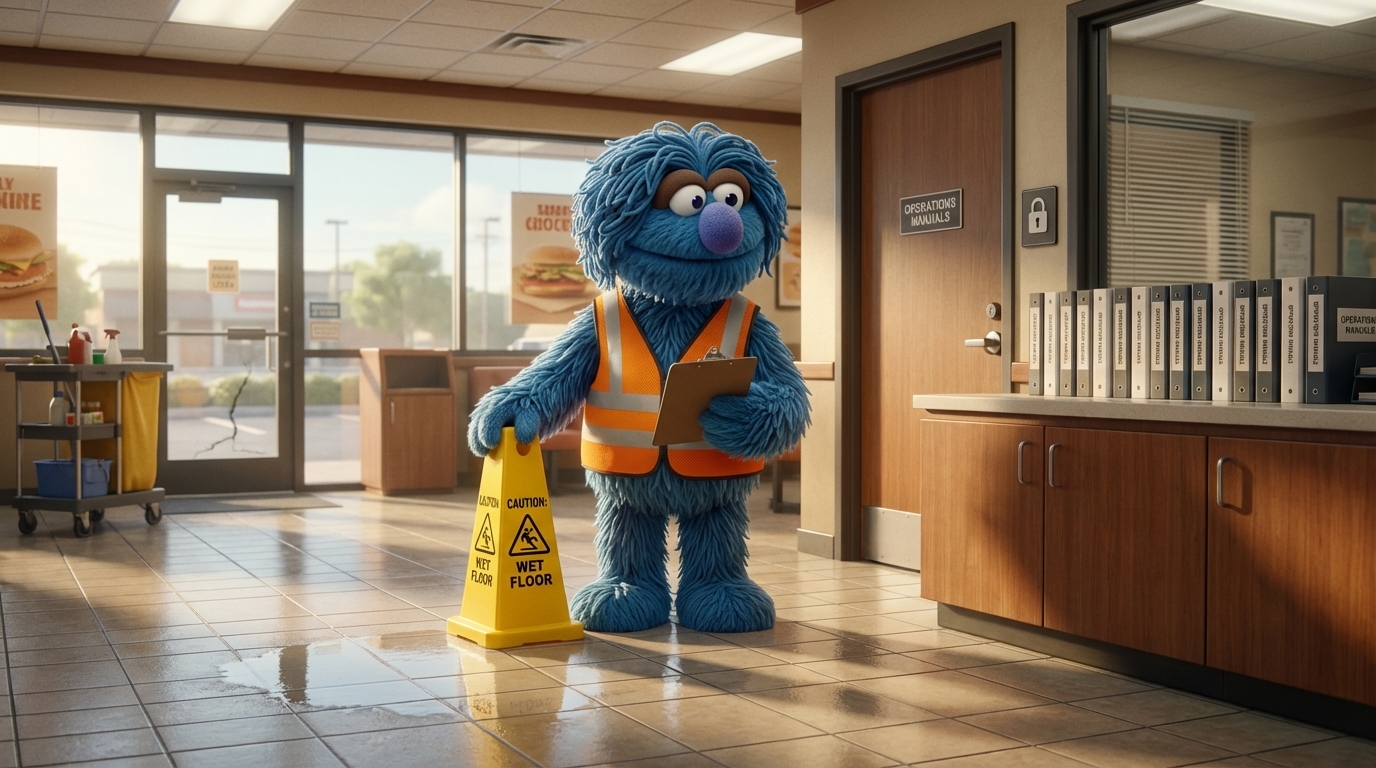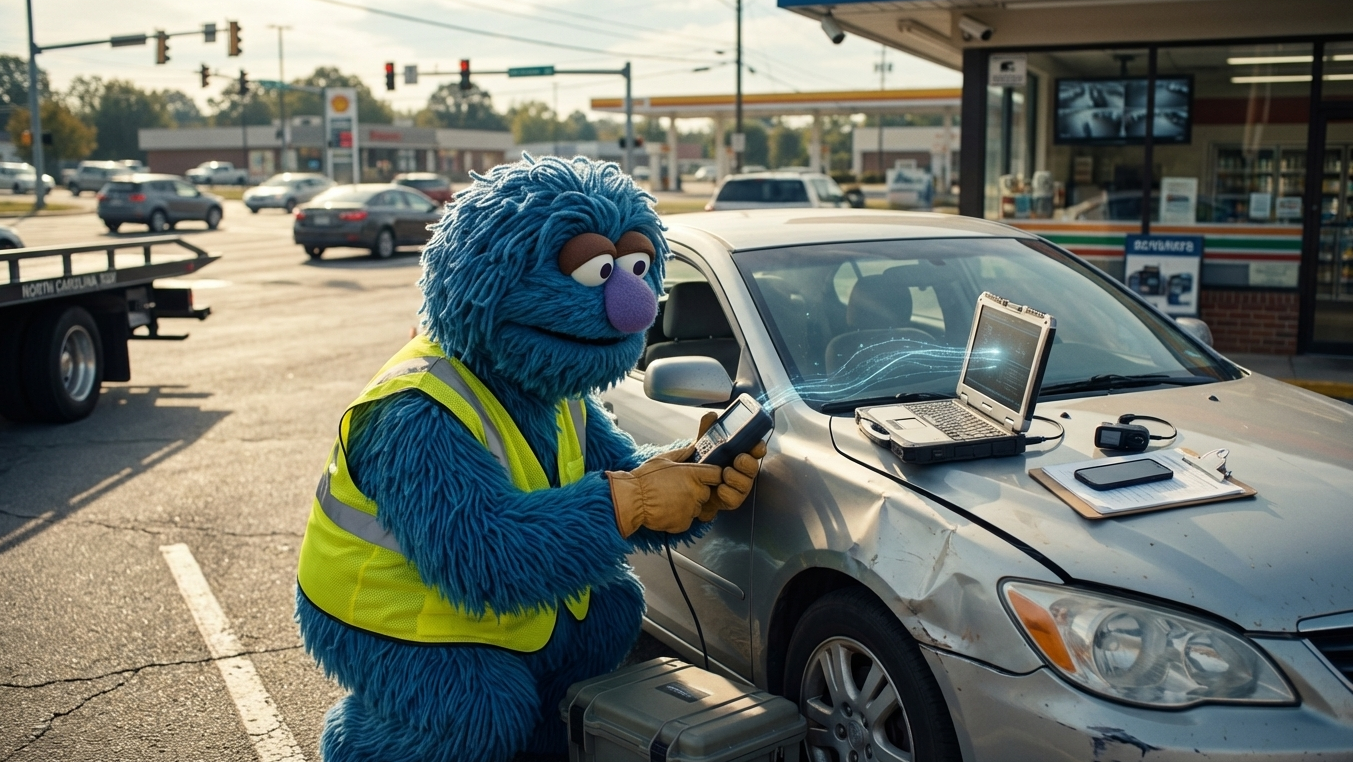What are interrogatories in North Carolina?
Interrogatories are a big part of civil lawsuits, but what exactly are they? Understanding how they work empowers the parties in a lawsuit to make strategic decisions in their cases. Let’s break it down together.
Understanding Interrogatories in NC Civil Litigation
Interrogatories are written questions that the parties in a lawsuit send to each other. They allow each side to probe for information and admissions that may support their case. For example, in a car accident case, the plaintiff’s interrogatories may ask the defendant questions about how the crash happened, while the defendant’s interrogatories may probe the nature of the plaintiff’s alleged injuries. These questions require written answers that are sworn under oath. This oath is a solemn pledge to truthfulness, ensuring that the answers provided are both accurate, honest, and binding.
How to Serve or Respond to Interrogatories in North Carolina
Rule 33 of the North Carolina Rules of Civil Procedure governs interrogatories. After receiving an interrogatory, the party has thirty days to respond (or 45 days after the defendant is served with the lawsuit—whichever is longer).
Interrogatories can ask about any topic which is discoverable under Rule 26—any topic that is “reasonably calculated to lead to the discovery of admissible evidence.” They can ask not just about facts, but also about opinions, contentions, or how the law applies to the facts of the case.
Generally, the lawyer receiving the interrogatories on behalf of a party should review them first to determine which requests are objectionable and to provide any answers the lawyer may already know. Then, the party or client usually reviews them to fill in any missing information. The lawyer will review the final version of the responses, and then the client will sign a “verification” before a notary—swearing that the answers are true.
Real World Examples of Interrogatories in NC
To understand how this works, let’s walk through some examples. In a car accident case, the plaintiff’s interrogatories may include:
- What was the weather like when the crash happened?
- How fast were you driving at the time of impact?
- Do you believe the plaintiff did anything to contribute to the accident?
Similarly, in a premises liability case arising from a slip and fall, the plaintiff’s interrogatories to the defendant may ask:
- Did you receive any warnings about the wet floor?
- What steps did you take to clean up the floor or to warn customers of the danger?
- Identify all of your employees who were working on the day of the accident.
As these examples show, interrogatories allow parties to pin down important details about fault, liability, and defenses. In summary, interrogatories are a vital strategic tool in personal injury litigation in North Carolina. Understanding how to use them effectively can help level the playing field for injured plaintiffs seeking justice.
Is there something we can help you with?
Fill out this form and we’ll reach out quickly to learn more about your situation. We’ll never pressure you. We’re just here to help you understand your rights. Keep in mind, we aren't your lawyers yet—so don't tell us anything that you would not want the other side to know!
Crossing the Center Line: Navigating Liability and Recovery After a Head-On Collision in North Carolina

The Hidden Financial Costs of a Serious Injury in North Carolina: What Your Personal Injury Claim Can Cover

Injured at a Chain Restaurant in North Carolina? Who’s Liable—Franchisee, Franchisor, or Both?

How Digital Evidence Can Make or Break Your North Carolina Personal Injury Case

Wrongful Death vs. Survival Actions in North Carolina: A Clear Guide for Grieving Families

Injured with a Preexisting Condition? How North Carolina’s Eggshell Plaintiff Rule Protects Your Personal Injury Claim

Health Insurance Liens Simplified

What to Do If You Think Your Doctor Has Made a Mistake

What Does it Mean to Hire a Lawyer On a Contingency Fee?

How to Choose the Right Personal Injury Lawyer: A North Carolinian’s Guide

